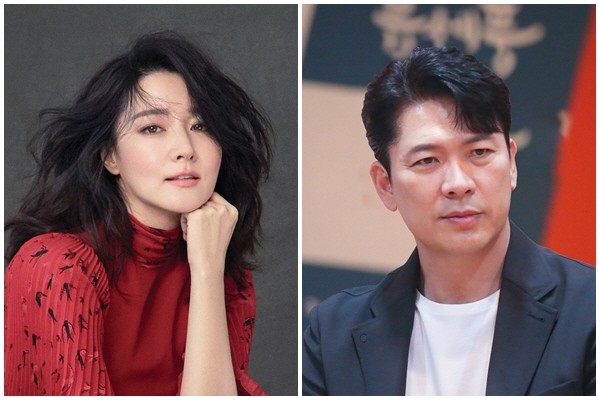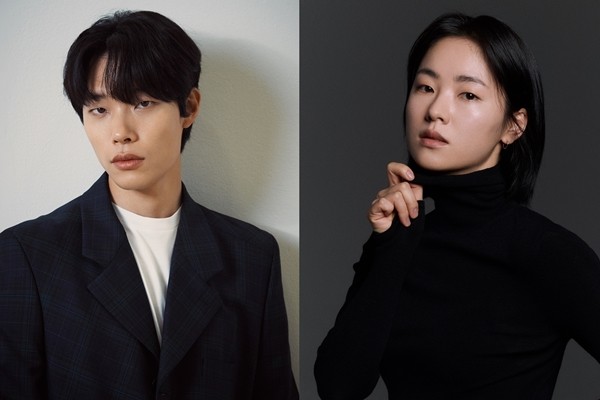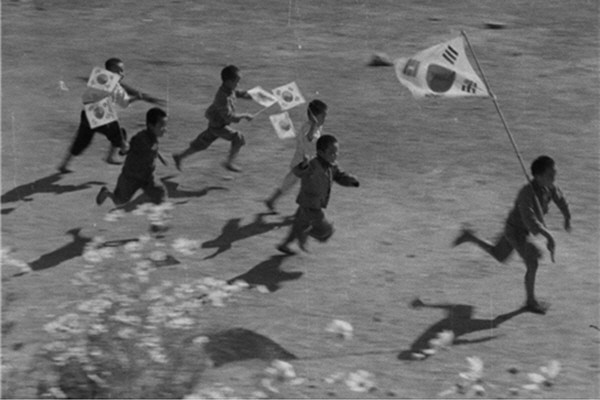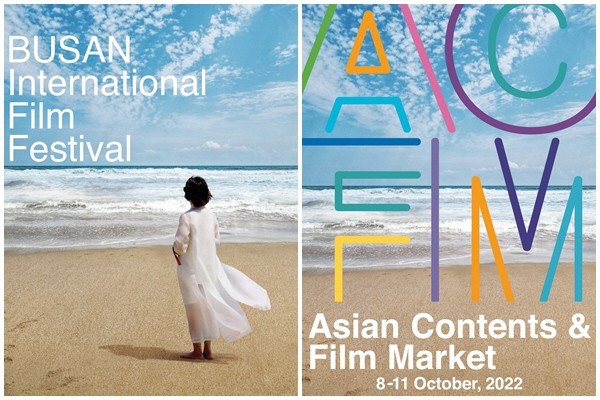130, Suyeonggangbyeon-daero,
Haeundae-gu, Busan, Republic of Korea,
48058
COMMUNICATION & LIES and HAPPY BUS DAY Director, LEE Seung-won
Nov 21, 2017
- Writerby KIM Su-bin
- View2630
“My goal is to be remembered as a director who makes works of art”

LEE Seung-won’s characters are challenging. In his first feature film Communication & Lies which was completed in 2015, LEE draws a story about a woman and a man that have gone insane from their painful pasts. In his second feature film, Happy Bus Day, which was completed this year, he gathers a group of people who act and talk strangely and turns them into a family. But somehow, the audiences end up feeling pity for these off the wall people, and this is the charm of LEE’s films. LEE built his career in theater, and his experience shines in the two feature films. Communication & Lies won the NETPAC award at the 20th Busan International Film Festival (BIFF) as well as the best actor award, while Happy Bus Day won the CGV Arthouse Award at the 18th Jeonju International Film Festival (JIFF). We met with director LEE Seung-won who is getting much attention due to his two films.
Communication & Lies and Happy Bus Day were released on the same day.
If I released the films in order, Communication & Lies should have been released first, then Happy Bus Day second. Communication & Lies is a film from two years ago and it should have been released last year, but it didn’t work out. If we released just Communication & Lies at this stage when both films are already complete, I felt that Happy Bus Day’s release date would be pushed back too much. MOVement who is in charge of PR and distribution, suggested that we release the two titles together, so I agreed. I didn’t think the schedule would be a problem.
Communication & Lies was a hot title at the 2015 BIFF. It also went to Rotterdam, Karlovy Vary, and many other international film festivals to receive positive reviews. What was the audience reaction like overseas compared to the local crowd?
The biggest difference was their reaction to black comedy. Communication & Lies is very much like a drama, but it’s closer to a black comedy in its form. When we went to International Film Festival Rotterdam, the audience understood its black comedy characteristics well, and enjoyed it. Meanwhile, the Korean audience did not see Communication & Lies as a black comedy film.
How did you come up with the story for Communication & Lies?
There is a scene I witnessed in front of Konkuk University Station at an intersection. There was a drunk Caucasian man who would ask every woman passing by if they would like to have sex. More than being coercive, he looked lonely. While looking at him, I wondered why he would act such a way while being drunk. That’s where I started off my story. If there was a male character like this, what would his female correspondent look like? In the end, the woman ceases to exist and disappears from the world, and the man must live with the pain. Everything is present progressive for the man. I contrasted a woman disappearing from the pain with a man who lives with the pain, and unraveled the story from there.
The characters in Happy Bus Day are just as unique.
The characters in Happy Bus Day are just extensions of the two characters in Communication & Lies. I brought diverse, misunderstood people together and thought about how they would interact and relate to what we call “the ordinary people”. When looking into their lives with a microscope, I wanted to show that they’re not much different from any of us. They would feel the same feelings just like anybody else.
Communication & Lies touches on the past lives of the two characters through flashbacks. That’s why although the characters are eccentric, the audience might be able to understand them more towards the end of the film, and perhaps even feel sympathy. On the other hand, you can only assume the past of the characters in Happy Bus Day through a few lines.
What were some of the differences in creating the characters of the two films?
Sometimes using a flashback to show exactly how a character has lived works, while sometimes it doesn’t. Happy Bus Day was made in a way so that you can make assumptions about the diverse characters’ pasts through their current lives. A few lines here and there also reveal some information about their pasts. However, how they lived their lives isn’t important. Through their current lives, you can see the pain and trauma they had to live through.
We understand you have experience in the theater industry. Ever since 2015 with Communication & Lies, you have continued to work in theater while re-translating some works into films. What do theater and film each mean to you as media?
My goal is to be remembered as a director who makes works of art. The only difference is their forms. If I think the story would be best represented through the filmic medium, then I will shoot a movie. If I think it’ll be better expressed in theater, then I make a play. I want to make various kinds of works. Some of my theater audiences say that my stories work well for movies, and my movies sometimes have theatrical elements incorporated in them. I don’t think they’re something I can clearly divide.
Tell us more about your next film, Three Sisters (working title).
Three Sisters is a family film with universal emotions. I assume it will become my very first commercial feature film. However, I will still incorporate familial dilemma and conflicts among the characters. Unlike the first two films that go deeper into these conflicts, it will be a film that has these issues naturally dissolved within the film. The script is almost finished, and I’m in the process of casting. Aside from this film, I plan on putting up a play called Moral Family in March.

















